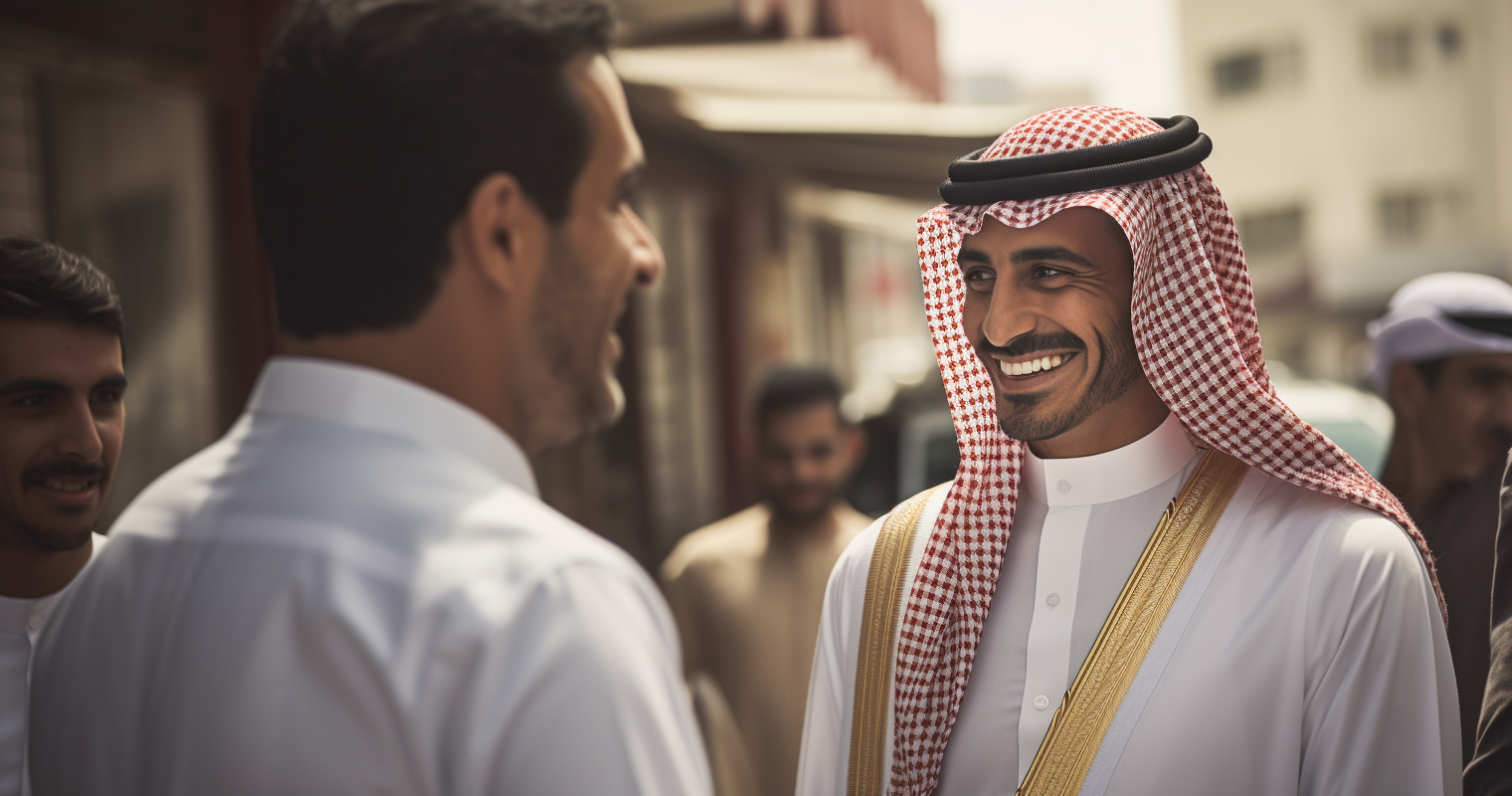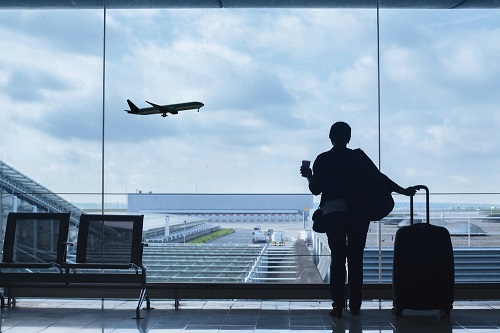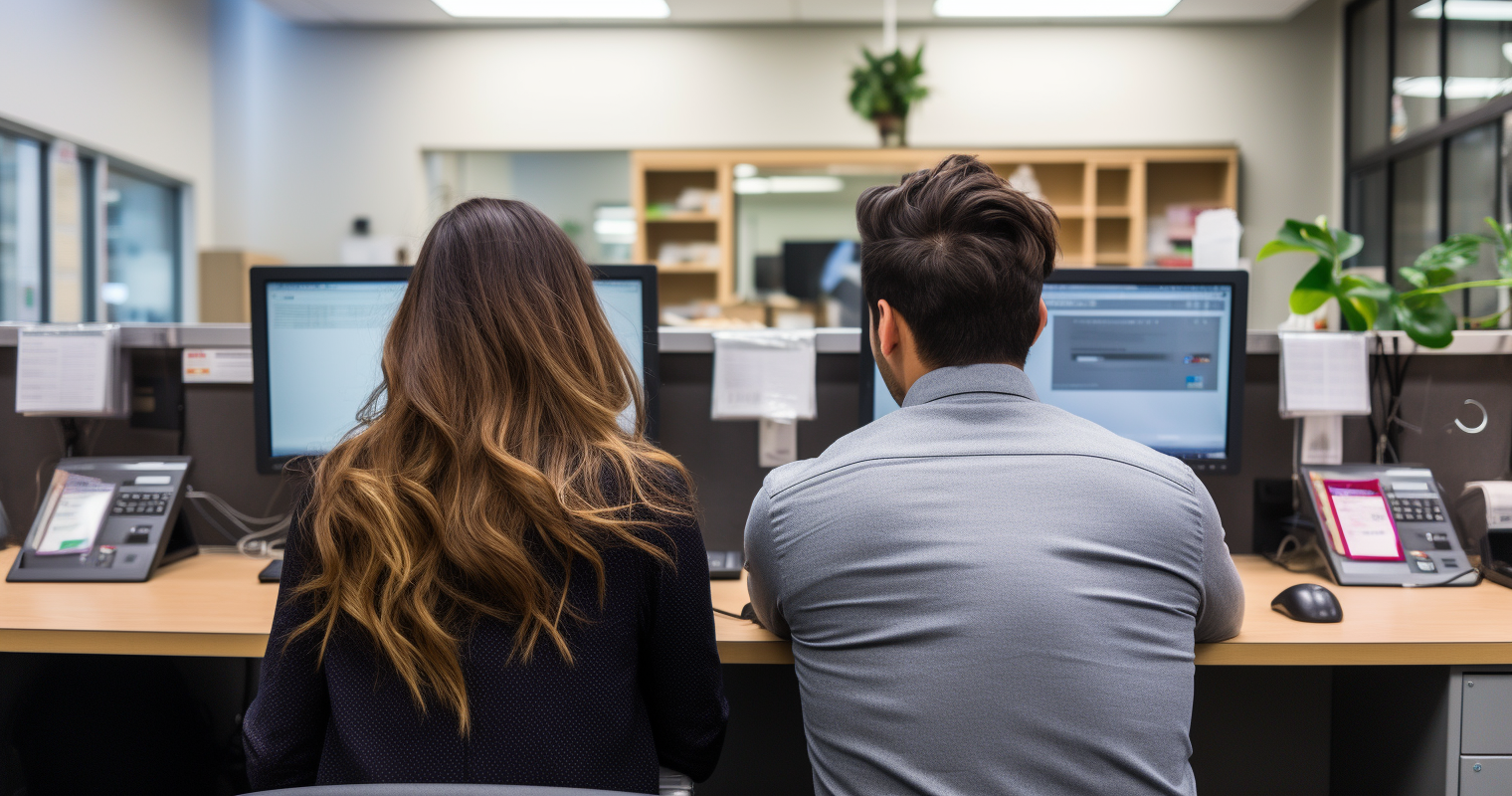Cultural Etiquette in Bahrain: A Guide for Western Expats

Bahrain, the archipelagic island country in the Persian Gulf, is a vibrant, cosmopolitan place that stands as a multicultural and multifaith symbol in the Middle East. As a hub of expats from all around the world, Bahrain is known for









